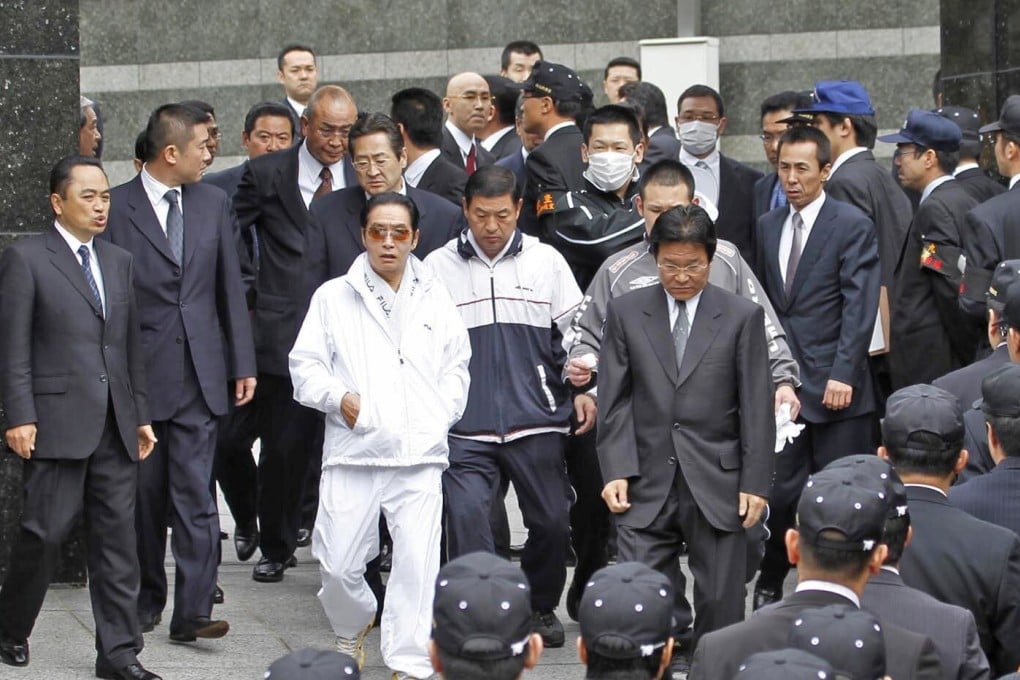Japan steps up fight against ‘yakuza’ crime groups, with arrest, death sentence
- A member of the Yamaguchi-gumi crime group was arrested over a murder, days after Satoru Nomura, head of the Kudo-kai, was sentenced to death
- The Tokyo Olympic Games and the coronavirus pandemic slowed Japan’s campaign to clamp down on organised crime, but this is picking up again

Masaharu Abe, a 54-year-old member of the Yamaguchi-gumi crime group, was charged with beating the unnamed man in his apartment in Tokyo’s Edogawa district, the Sankei newspaper reported. The two men had been drinking.
His arrest follows the August 24 sentencing of Satoru Nomura, the head of the notorious Kudo-kai yakuza group, who was found guilty of one count of murder and three counts of attempted murder.
The court in the southern city of Fukuoka handed down the country’s first death sentence for the head of an organised crime group, even though the evidence against Nomura was largely circumstantial and relied on confessions by his underlings that they carried out attacks on his orders.
Jake Adelstein, an authority on Japanese underworld groups and the author of Tokyo Vice: An American Reporter on the Police Beat in Japan, said the severity of the sentence underlines that prosecutors and the police are stepping up their efforts to “push the yakuza into oblivion”.
He conceded, however, that while authorities will try to make Abe another example of their recent crackdown, a death sentence is unlikely.